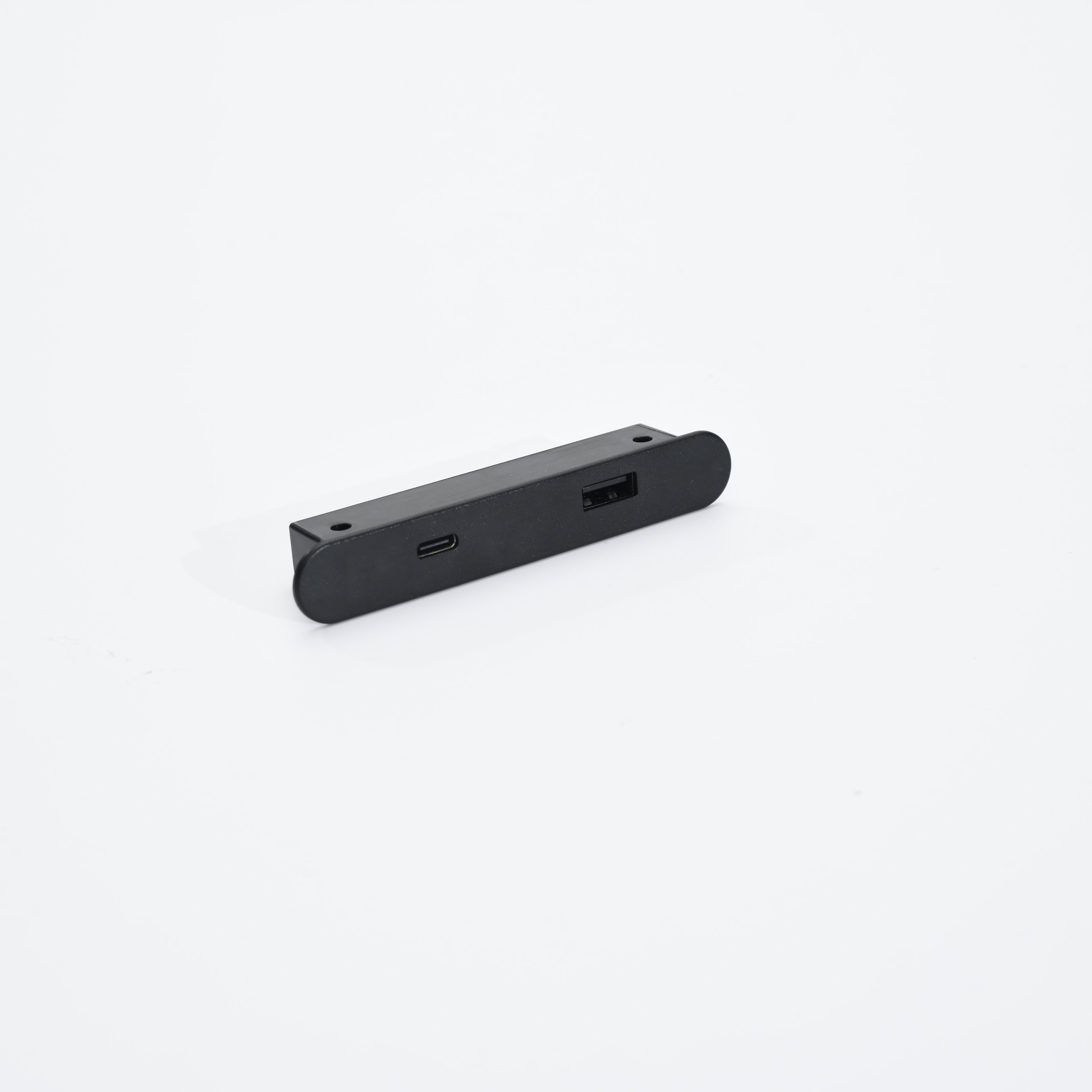How to Use USB Chargers More Efficiently
USB Chargers have become ubiquitous in our daily lives, powering our smartphones, tablets, and a variety of other devices. As a company specializing in designing, producing, and selling Power Adapters, chargers, power sockets, household appliances, and peripheral products, we recognize the importance of using USB chargers efficiently. This article aims to provide comprehensive guidance on maximizing the efficiency and longevity of USB chargers, ensuring optimal performance for your devices.

Understanding USB Chargers
USB chargers are devices that convert AC power from an electrical outlet into DC power suitable for charging electronic devices via USB ports. They come in various forms, including wall chargers, car chargers, power banks, and multi-port chargers. Understanding the key components and specifications of USB chargers is essential for using them effectively.
Key Components
1.Input Voltage and Current: Specifies the range of AC voltage and current the charger can accept from the power source.
2.Output Voltage and Current: Indicates the DC voltage and current supplied to the connected device via the USB port(s).
3.USB Ports: Different chargers offer varying numbers and types of USB ports (e.g., USB-A, USB-C) with different power delivery capabilities.
Best Practices for Using USB Chargers
1. Use Genuine Chargers
Always use USB chargers that are recommended or provided by the device manufacturer. Genuine chargers are designed to deliver the correct voltage and current levels required by your device, ensuring safe and efficient charging.
2. Match Charger to Device
Ensure the USB charger's output specifications (voltage and current) match the requirements of your device. Using a charger with incorrect specifications can lead to slow charging, overheating, or even damage to your device's battery.
3. Unplug When Fully Charged
Avoid leaving devices plugged in after they are fully charged. Overcharging can degrade battery life over time. Many modern devices and chargers are equipped with mechanisms to prevent overcharging, but it's still a good practice to unplug when charging is complete.
4. Keep Chargers Cool
Heat can degrade both the charger and the connected device's battery. Avoid placing chargers in direct sunlight or near heat sources while in use. Ensure adequate ventilation around the charger to dissipate heat effectively.
5. Avoid Physical Damage
Handle USB chargers and cables with care. Avoid bending or twisting cables excessively, as this can cause internal damage and affect charging efficiency. Store chargers and cables in a safe place when not in use.
6. Charge Directly from Power Source
Whenever possible, plug USB chargers directly into a wall outlet rather than using extension cords or power strips. Direct connection reduces energy loss and ensures stable power delivery to your devices.
7. Use High-Quality Cables
Use cables that are compatible with both the charger and your devices. High-quality cables with thicker wires can reduce voltage drop and charge devices faster and more efficiently.
8. Monitor Charging Times
Avoid leaving devices charging for extended periods unnecessarily. Check the charging progress periodically to prevent overcharging and minimize energy consumption.
9. Power Down Unused Chargers
Unplug USB chargers when not in use, as they consume small amounts of standby power even when no device is connected. This practice not only saves energy but also reduces the risk of electrical hazards.
Safety Tips
1. Avoid Water Exposure
Keep USB chargers away from water and moisture to prevent electrical shorts and potential hazards.
2. Inspect Regularly
Periodically inspect chargers and cables for signs of wear, such as frayed wires or loose connections. Replace damaged components promptly to prevent accidents.
3. Use Surge Protectors
Consider using surge protectors to safeguard chargers and devices against voltage spikes and electrical surges, especially in areas prone to power fluctuations.
Environmental Considerations
Efficient use of USB chargers also contributes to environmental sustainability.
1. Energy Efficiency
Choose energy-efficient chargers that comply with energy standards and certifications. Energy-efficient chargers consume less power during operation, reducing overall energy consumption.
2. Recycling and Disposal
Dispose of old or damaged chargers responsibly. Many electronics retailers and recycling centers offer programs for recycling electronic waste, including chargers and batteries.
3. Buy Responsibly
Support manufacturers committed to sustainable practices and reducing environmental impact through their product lifecycle.
By following these guidelines, you can maximize the efficiency and lifespan of your USB chargers while ensuring safe and effective charging for your devices. As a leading provider of Power Adapters, chargers, power sockets, household appliances, and peripheral products, we are dedicated to promoting responsible usage and innovative solutions. Adopting these practices not only benefits your devices but also contributes to a more sustainable future. Embrace efficient charging habits today for a smarter tomorrow.








